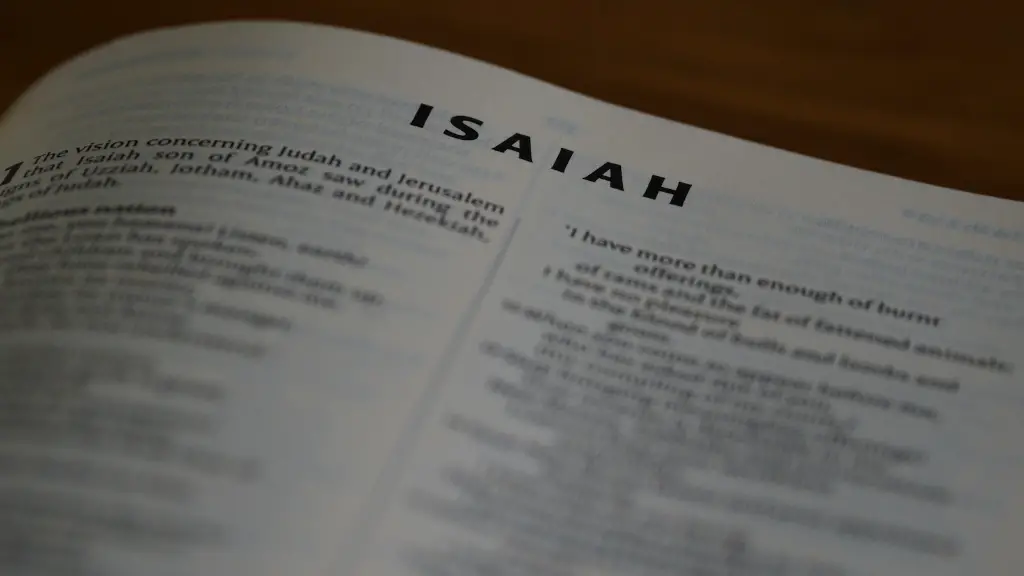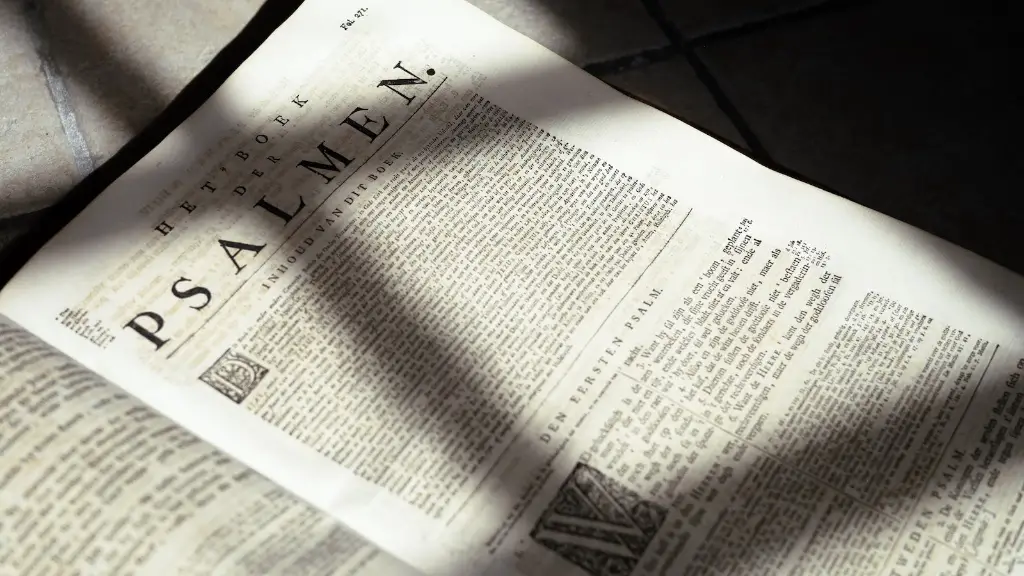Introduction to Passover
Passover is a significant holiday in the Bible, commemorating the time when the Israelites were liberated from slavery in Egypt. The story is a powerful reminder of the importance of faith and God’s faithfulness to His people, while highlighting the effects of oppression and liberation. In the Book of Exodus, Passover is the fourth of nine signs that God brings to Pharaoh in order to convince the ruler to allow the Israelites to leave Egypt. The first three signs are plagues of blood, frogs and lice. But when Pharaoh stubbornly refuses to release them, God sends a fourth sign, unleashing a plague of death.
Passover is mentioned several times in the Bible and is one of the most significant days for the Jewish people. It marked the exodus of the Jewish people from Egypt, known as the night of the tenth plague, and celebrated their freedom from generations of slavery.
Why Was Passover Important?
The importance of Passover according to the Bible is twofold. Firstly, it commemorates the time when God’s power was made known to the Egyptians. Secondly, it reminds us of God’s unconditional love and compassion for his people. Passover was a pivotal moment in the history of the Jewish people, and in God’s plan for their deliverance.
God gave a command to the Israelites to observe the Passover and to mark their doors with the blood of a lamb, so that the angel of death would “pass over” their homes. Thus, while their firstborn children were slain, their households were spared from the tenth plague. Both acts of mercy and justice were demonstrated in the story of Passover.
The Traditional Passover Seder
Passover is celebrated each year with a traditional Seder meal. The meal and observance are meant to commemorate the historical exodus of the Jews from Egypt, and to recall the deliverance promised in the Book of Exodus. Traditionally, the Seder consists of prayers, rituals and foods that are associated with the holiday. The foods served usually include matzo, a flat bread made without yeast, and a roasted lamb, symbolizing the offering that was sacrificed in the Bible.
The tablet of Seder is also traditionally created and read during Passover. It consists of 15 symbolic items that represent different aspects of the story of liberation. The readings contain stories of the deliverance of God’s people from slavery and oppression, and highlight the survivors who passed on the faith and traditions to their descendants.
Passover Traditions Around the World
Passover is celebrated in many different ways around the world, depending on the customs and traditions of the local Jewish community. In some communities, the traditional Seder is still held in its original form, while others have reinterpreted the rituals and symbols to reflect more modern times. In many communities, the Seder is held in combination with a Passover feast, including the traditional foods and songs.
In some countries, such as Israel, there is a special emphasis on the Passover story and the divine promise of liberation. In such countries, a reading of the Haggadah, or traditional telling of the Passover story, is a regular part of the celebration. In other countries, the holiday is celebrated with a focus on family gatherings, shared meals and traditional customs.
How Did the Passover Story Impact Christianity?
The story of Passover became very important in Christianity. It is believed that Jesus celebrated the last supper with his disciples on the night of the Passover. This means that the same events being celebrated in the Passover story were re-enacted by Jesus and his followers. Thus, the Deliverance promised in the Book of Exodus to the Jewish people became applicable to Christians as well. It consequently set the basis for understanding the power of redemption, sacrifice and love.
The symbolism of the Passover Seder is seen in the Last Supper in which Jesus took bread, broke it and passed it around, and then took cup of wine and shared it. Through these acts, Jesus demonstrated how his death would save humanity from sin and death. The Passover story also comes in as a reminder to Christians of the grace and mercy of God, and of the ultimate promise of redemption.
Passover Today
Today, many Christian communities around the world commemorate Passover. In the spirit of the original ritual, they celebrate God’s deliverance with the traditional symbolic foods, the Haggadah and special prayers. In many Christian churches and denominations, the Seder remains a part of the religious life and is celebrated with special readings and programs.
Despite its historical roots, the Passover story also has relevance for all faiths. Even within a politically and culturally diverse world, we can find common lessons of freedom and justice, of love and solidarity. The Passover story demonstrates the power of faith and resilience, and is a powerful symbol of hope and redemption for people of all backgrounds.



